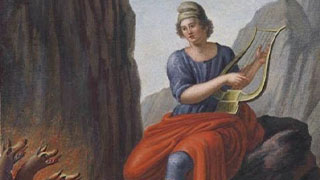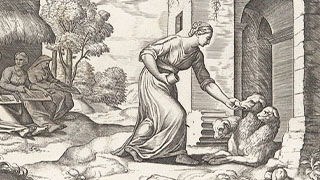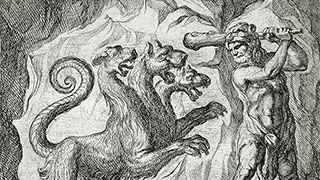The Birth of Venus, the Birth of Psyche
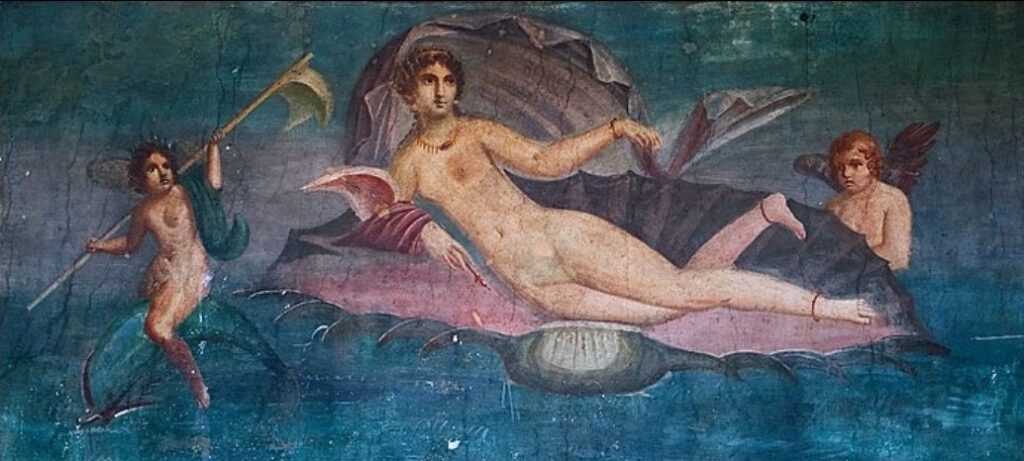
Pompei, Casa di Venus, before 79 CE
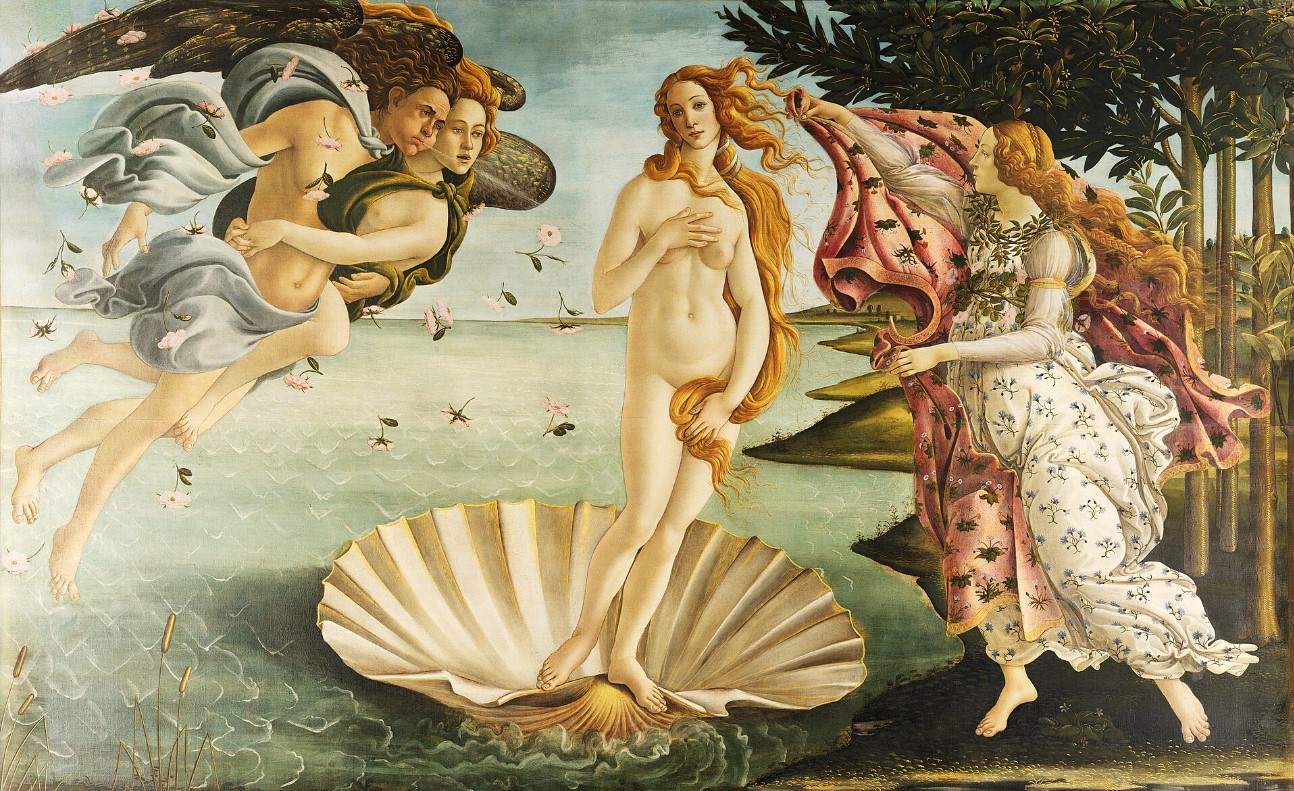
Sandro Botticelli…….The Birth of Venus ……..1486
This is the divine origin of the feminine principle in its archetypal form
Robert Johnson,
She
The Symbolism of the Births of Venus and Psyche
Robert Johnson
She

